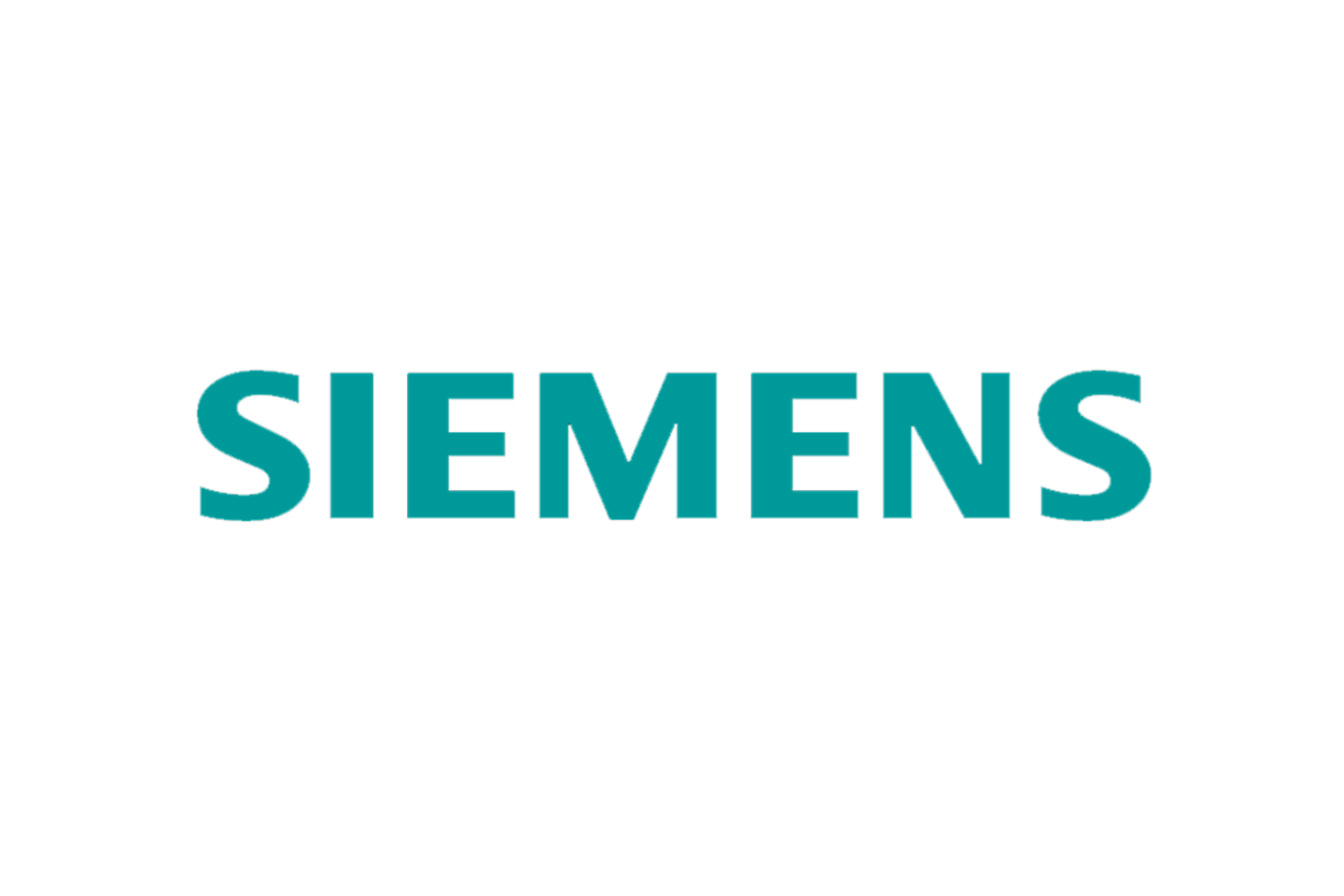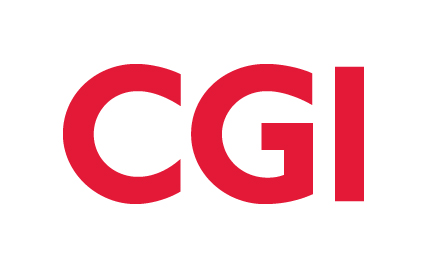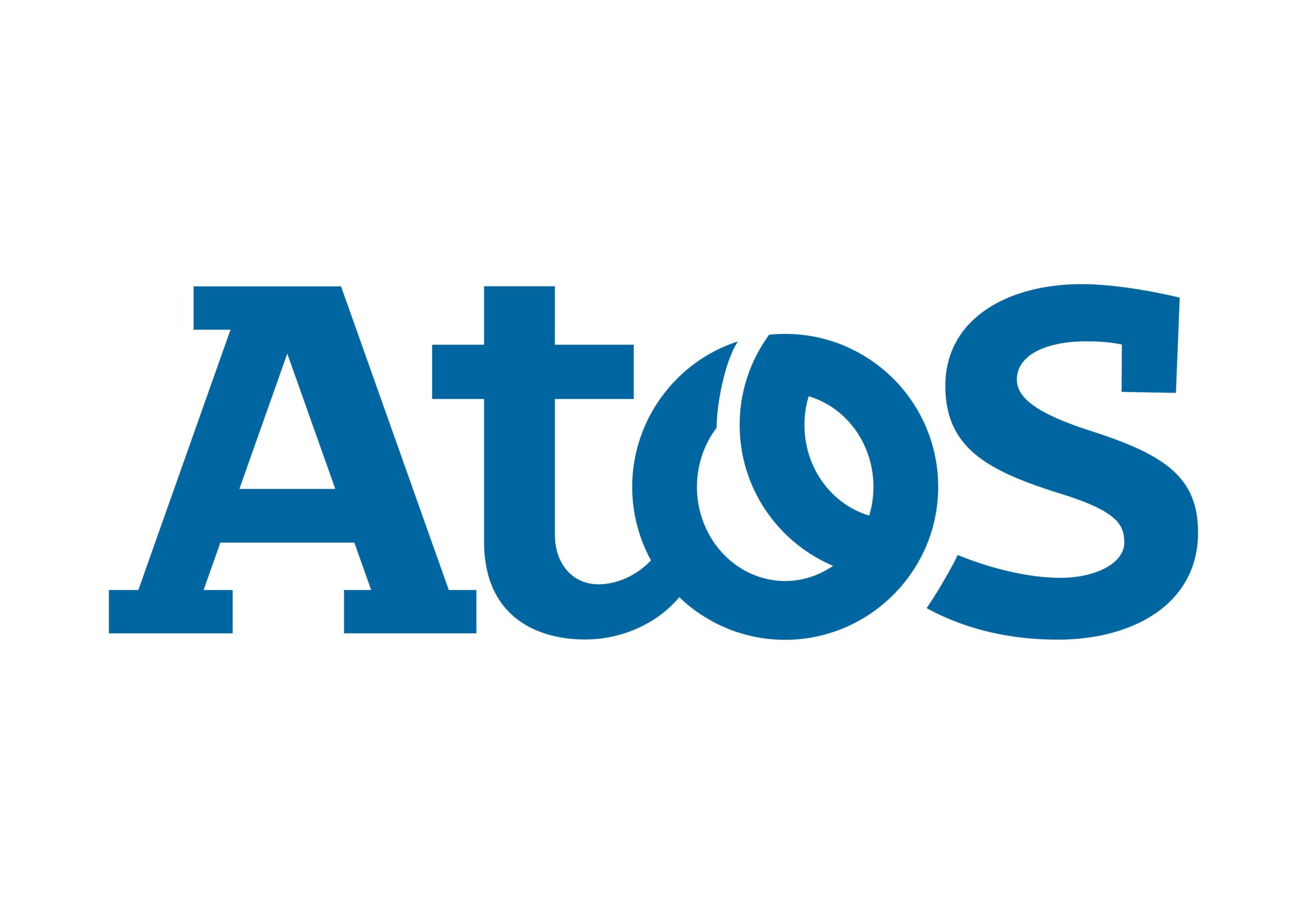Our Projects
Some of the projects that we are currently pursuing and managing



Cyber Community
Colours@Work
Business Objective: Create a profitable business by reducing the digital divide in minority communities in large cities in the developed world and the greater community in the developing world. This project involved providing Internet accessWe started our first outlet then in Amsterdam, the Netherlands and then later Utrecht, Rotterdam and Den Haag. Continuous study will be carried out to validate the expansion of the model to other cities other than those mentioned above. We expand our operations to all major cities Europe, Africa and the America’s by the end of 2005 and decided to discontinue the project when everyone could access the internet on their mobile phones.
Target Market: Minorities resident in all major cities in the developed world and communities in sub-urban cities in the developing world.
Size of Centre: The size of each center was approximately within 50- 150PC terminals and in some cases expansion possibility to 300 terminals at full growth.
Business Model: The model then was mainly driven by social community deficiencies whereby the deficiencies are transformed into business opportunities. This Digital Service Centre initiative was a first step in a series of services that was provided by the company. Our intention then was to capitalize on private sector participation in the provision of social infrastructures in an efficient, effective and affordable way.
Social / Community Benefits: With the introduction of our model in these communities, we anticipated the following social and community benefits:
Decrease in juvenile crimes due to increased participation of youths in the centers. Various research studies show that most youths get easily hooked on the Internet either by surfing, chatting or playing games. Only youths from minority communities have been left out so far. The cost of the use of our centers for youths was relatively low compared to expense on cigarettes and alcohol when idle. Increase in digital literacy in minority communities, which will eventually decrease the digital divide and hopefully reduce the crime rate which is often caused by an idle mind. The Digital Service Center was also very effective when implemented in community houses in cities with low minority concentration. Increase in social awareness and interaction amongst those who visited the center. An indirect increase in the social class of the community. Think about: a decrease in jobless people due to access to job sites via the Internet, higher interaction with others far and wide and the power of knowledge acquired and many more. |
Value Online
The Value-Online community is a community that kicked-off after the full stabilization of the Colours@Work project. This community took advantage of the anticipated increase in modern communication technology literacy of minorities. The Colours@Work project was expected to increase the level of IT literacy of those in these communities.
The next logical step would be to constructively use this acquired knowledge by participating in the e-commerce world, which most of them have not been able to be a part of till date. The anticipated web savviness will enable the creation of a market on the web whereby goods and services can be sold and exchanged between minorities and the less privileged worldwide at an affordable price.
The model was designed around those who do not have access to credit facilities like credit cards that prevent them from taking part in the internet commerce.
Digital Food
The Digital Food project will enable extensive food distribution and agriculture in developing countries. This is capitalizing on the billions of dollars in remittance inflow to developing countries.
The model relies on immigrants abroad who want to be responsible for the daily up-keep of their families residing in developing countries.
We are initially focusing on the Sub-Saharan Africa. This would be done via the Digital Food web. Agricultural projects and farming centers will be set up in the developing countries and the Digital Food Web would be responsible for the financial and logistic network processes.
Boomerang Online
Boomerang-Online is a portal that is designed to tackle the issues of knowledge transfer of (qualified) professionals to developing nations.
(Reverse Brain Drain) This will be done online via a demand and supply data base on the net that will be accessible to anyone worldwide.
The portal data base would be populated with mainly (qualified) professionals, from minority community origin, residing and working in the “developed world”. Organisations and Government institutions in developing countries can subscribe to this online service to request for skills and manpower to stimulate the economic growth development process in these countries.
Our Clients
















